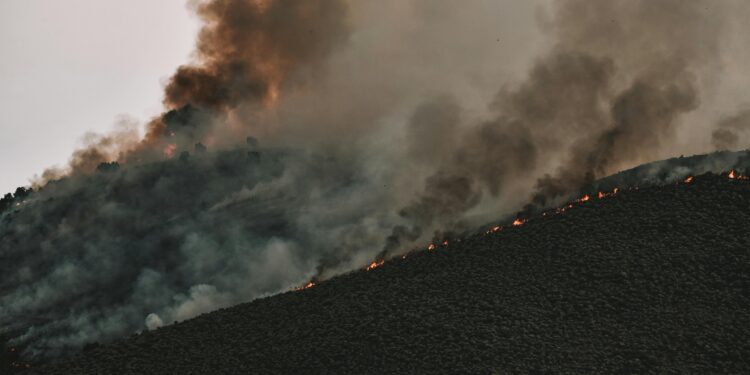New Jersey declared a drought warning on Wednesday, November 13th, as severe water shortages and escalating wildfire risks plague the state. Governor Phil Murphy emphasized the urgency, citing nearly 537 wildfires since October, a 1,300% increase compared to the same period last year. With reservoirs like Wanaque and Manasquan at record lows, residents are urged to conserve water voluntarily to prevent stricter restrictions.
The drought, among the worst in 120 years, is part of a broader Northeast dry spell affecting cities like Newark, Philadelphia, and New York City. In New Jersey, water utilities such as Trenton Water Works have implemented mandatory conservation measures, including limiting lawn watering and running appliances only when fully loaded. “Every effort counts,” Murphy stated, warning of potential drought emergencies if conditions persist.
Neighboring New York faces similar challenges, with persistent dry weather fueling forest fires across the state. The Jennings Creek wildfire on the New York-New Jersey border, which burned over 5,000 acres, exemplifies the crisis. Tragically, an 18-year-old parks employee lost his life while battling the fire in Orange County. Governor Murphy expressed gratitude for his service and called for regional collaboration to address the escalating wildfire threats.
The National Oceanic and Atmospheric Administration (NOAA) forecasts below-average rainfall for the coming months, exacerbating drought and fire risks. Environmental experts attribute the dry conditions to climate change, which intensifies weather variability, leading to prolonged droughts and sporadic extreme rainfall.
Efforts to combat these challenges focus on both immediate and long-term measures. While water conservation is critical in the short term, officials highlight the need for robust wildfire management strategies and sustainable water use policies. The New Jersey Forest Fire Service warned that conditions have reached unprecedented dryness, requiring heightened vigilance and resource allocation.
As the region braces for a dry winter, state leaders stress community participation in conservation efforts. Residents are encouraged to adopt water-saving habits, support wildfire prevention initiatives, and stay informed about evolving conditions.












